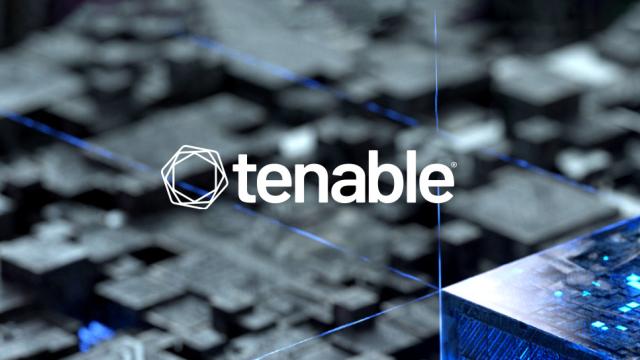Tenable’s Software Update Process Protects Customers’ Business Continuity with a Safe, Do-No-Harm Design
by nlqip

With the unprecedented tech outages experienced by so many of our customers over the last week, we recognize the need for deeper understanding of our software development processes and how they support global business continuity. In this blog post, we’ll outline how Tenable’s comprehensive approach to the software development lifecycle (SDLC) allows us to produce extremely high-quality software and protect our customers’ business operations with a secure, do-no-harm approach.
Tenable rigorously manages every step in the software development lifecycle (SDLC) – research, design, development, testing and release – which results in software that’s stable, tested, accurate and timely.
Specifically, Tenable makes software-design choices that prioritize flexibility and give customers control over the deployment of our software releases and updates.
For example, customers can control when or if the Nessus Agent and its plugins are updated within their environment. Additionally, the Nessus Agent operates in the kernel’s “user space,” reducing the risk of operating system faults.
Features such as these put the ultimate power in the hands of customer change-control programs and lower the risk of incidents, such as the one that caused the global IT outage last week.
Below we provide more details.
- Declarative plugin version control feature
Supporting our customers’ change-control management processes, Tenable provides the flexibility to choose from multiple options for how the plugin content version is applied across agent deployments. This offers customers the control to validate and test Tenable plugins before performing an enterprise deployment.
- Do-no-harm Nessus Agent design
The Tenable Nessus Agent is designed so that it executes solely in the user space and limits its interaction with the endpoint’s kernel to standard system calls as provided by the operating system, such as event notification callbacks.
As such, the Tenable Nessus Agent does not require any Tenable-developed components to reside inside the operating system kernel. This design is intentional in order to reduce catastrophic impacts to the endpoint’s operating system. It also prevents the Tenable Agent from impacting an endpoint’s ability to boot properly.
User-space applications do not have direct access to the kernel or hardware. Therefore, they cannot directly cause the types of failures that lead to a “blue screen of death” in a Windows system.
- Nessus Agent software version control features
Enabling our customers’ enterprise change-control procedures is at the top of Tenable’s mind. With Tenable Vulnerability Management and with Nessus Manager for Security Center integrations, we provide multiple options for customers to apply software version control for their Nessus agents. These options allow customers to test and validate the Nessus Agent before performing an enterprise deployment. Depending on their business needs, customers may choose to leverage this feature.
We hope this blog post has provided you with a clear idea of how Tenable strives to design and deliver software with the highest degree of security and quality, guided by our top priority – to keep our customers safe and protect their businesses.
Please contact us if you wish to get more information about our software development processes.
Source link
lol
With the unprecedented tech outages experienced by so many of our customers over the last week, we recognize the need for deeper understanding of our software development processes and how they support global business continuity. In this blog post, we’ll outline how Tenable’s comprehensive approach to the software development lifecycle (SDLC) allows us to produce…
Recent Posts
- Arm To Seek Retrial In Qualcomm Case After Mixed Verdict
- Jury Sides With Qualcomm Over Arm In Case Related To Snapdragon X PC Chips
- Equinix Makes Dell AI Factory With Nvidia Available Through Partners
- AMD’s EPYC CPU Boss Seeks To Push Into SMB, Midmarket With Partners
- Fortinet Releases Security Updates for FortiManager | CISA
